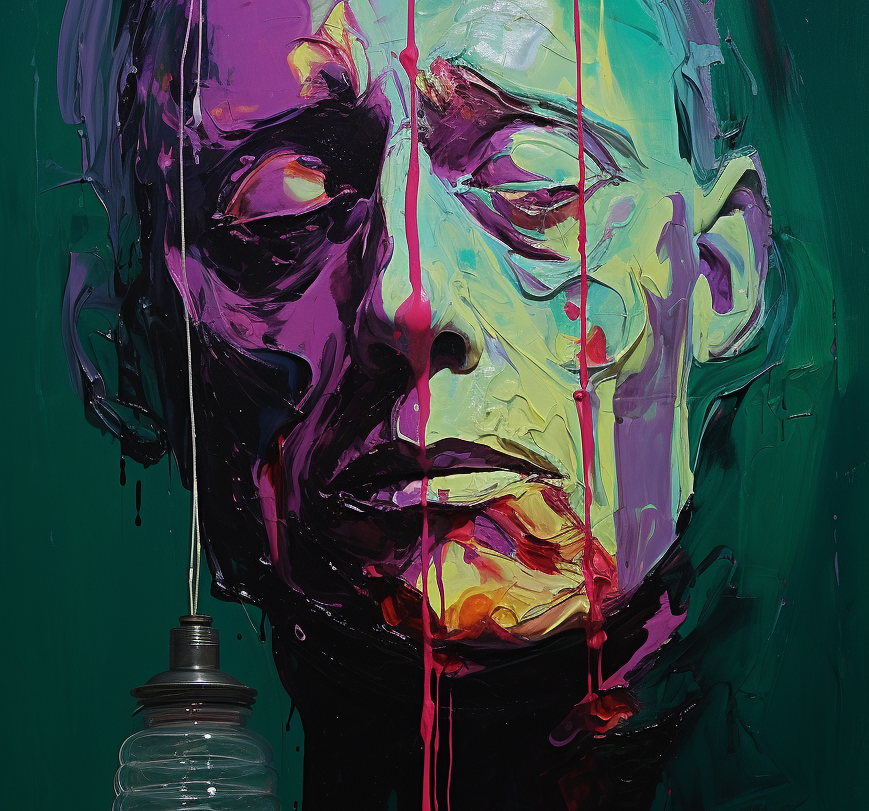In a corner of Yerevan, where life unfolded with the certainty of the sun rising and setting, stood the house of Aram Sarkisian, a man who had developed the most curious relationship with table lamps.
In the heart of Yerevan, when Aram Sarkisian first entered the world, an uncanny event befell the city. Just as his first cries echoed through the delivery room, every light in Yerevan flickered and died. Darkness enshrouded the streets, homes, and hearts of the inhabitants. The entire grid had failed, plunging the city into an eerie silence. This inexplicable power cut, which no technician or expert could ever truly decipher, lasted an entire night. The inhabitants of Yerevan named it “the night of darkness.”
With the first rays of dawn, power was miraculously restored, and the incident gradually faded from collective memory. The night of darkness became an anecdote shared on chilly evenings, a fleeting shadow in Yerevan’s vibrant history. Little Aram, blissfully unaware of his coincidental entry amidst this enigma, grew up like any other boy in the city. He played in the streets, flew kites on breezy days, and immersed himself in tales of old Armenia.

Yet, there was a particular quirk that began to manifest as Aram grew older. At first, the acquisition of lamps by Aram was perfectly reasonable. A light for reading, a light for writing, a light for those long Armenian winters. However, as the lamps began to proliferate in number, the initial logic seemed increasingly tenuous.
One day, Aram’s childhood friend, Levon, dropped by. They had shared many mischiefs and dreams during their younger days. “Aram,” Levon began, taking in the luminescent spectacle around him, “why so many? It’s like the universe in here, with stars everywhere.”
Aram looked around, the soft hum of the bulbs sounding almost like a cosmic lullaby. “Levon, every lamp is a story. Some stories are forgotten, some are yet to be told. These are my untold tales.”
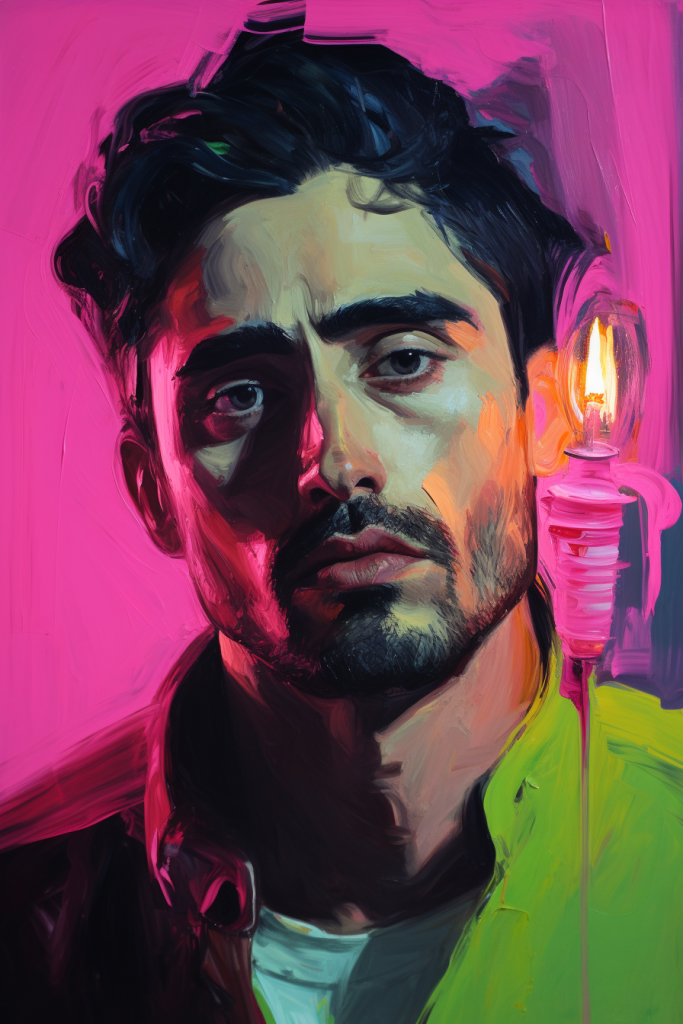
The neighbours whispered, of course. They whispered when they passed his house, when they saw him return from the market with yet another lamp, when they received lamps as gifts for weddings, births, and even funerals.
“God bless him,” old Mrs. Anush would say, lighting the third lamp Aram had gifted her that year, “Aram’s world is brighter than ours.”
At the town’s bakery, as Aram mused over the intricacies of a baklava, he’d say, “This pastry’s layers remind me of the light diffusion from my new lamp!” The baker, by now accustomed to Aram’s peculiar analogies, just chuckled.
The gossip mill turned when Aram started hosting ‘Lamp Lit’ evenings. The concept? Everyone would gather, choose a lamp, and share a story. These evenings became the stuff of legends. Strangers became friends, old wounds were healed, and new romances blossomed, all under the soft glow of Aram’s myriad lamps. Most importantly, everyone who attended these events always left with a lamp as a present from Aram.
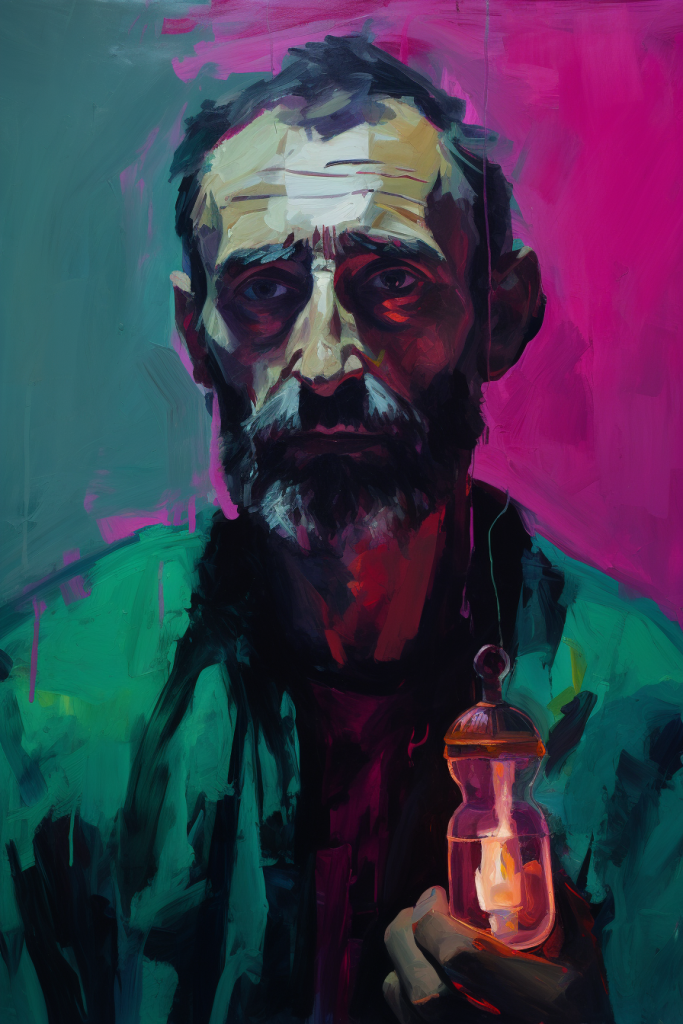
One brisk autumn evening, Levon, with a glint in his eye, asked, “Aram, do you ever think it’s… well, a bit much?”
Aram, surrounded by a kaleidoscope of glowing bulbs, responded, “Every time the world seemed dark, Levon, I brought in a lamp. It’s hard to feel lost when you’re surrounded by your own constellations.” And then after a moment of silence, he added, “Each of these lamps, Levon, is my defiance against that night of darkness.”
Over the years, Aram’s collection became the stuff of legend in Yerevan. Whispers of ‘the man with a thousand lamps’ drew tourists and locals alike. While many came out of mere curiosity, they always left with a lamp and a sense of awe, enamoured by Aram’s passion and the tales each lamp held.
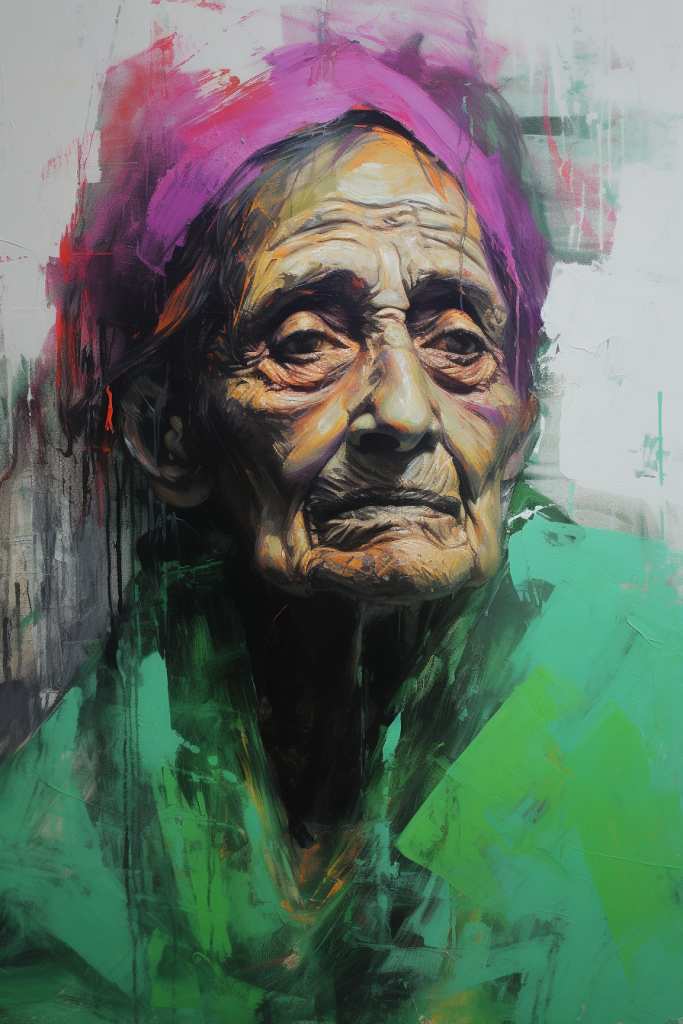
On one particular evening, during one of Aram’s famous ‘Lamp Lit’ nights, an old woman, her back bent with age and face etched with countless stories, entered the room. Introduced as Mrs. Arpine, she was well into her nineties, but with a spirit as fiery as any young soul’s. As the night progressed, she captivated everyone with tales of Yerevan from bygone eras. But as the evening neared its end, she requested a private word with Aram.
“I remember the night of darkness,” she began, her voice quivering, not from age but with profound emotion. “I was the midwife at your birth. And I saw something that night which I’ve never spoken of, until now.”
Aram looked at her with bated breath.
“Just as you were born, there was a brief but blinding light. It emanated from you, Aram, and then, darkness engulfed the city. I’ve often pondered that maybe, just maybe, all the light of Yerevan was concentrated into one soul that night. Into you.”

Aram was taken aback, his eyes widening in astonishment. The lamps around him seemed to glow even brighter, as if resonating with the profound truth of Arpine’s revelation.
The story spread throughout Yerevan like wildfire. People began to view Aram not just as a man with an eccentric love for lamps, but as a beacon of light for the city. Some even whispered that perhaps it was Aram’s destiny to restore light, in more ways than one, to their beloved city.
Years passed, and eventually, Aram departed for the great beyond. On the night of his passing, Yerevan experienced another power cut. But this time, every home, every street, every corner of the city was illuminated, not by the city’s power grid, but by the countless lamps Aram had distributed throughout his lifetime.
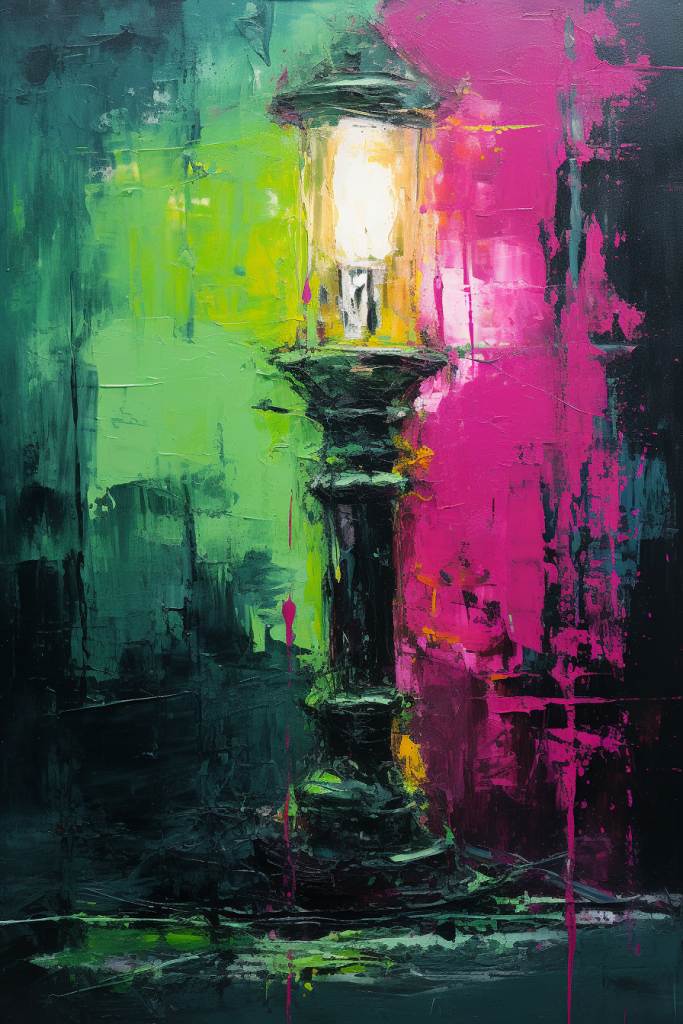
In the heart of the city, a monument now stands, not just in honour of Aram, but of a lamp, eternal and radiant, with an inscription that reads: “In memory of Aram Sarkisian, Yerevan’s eternal light.”
All images generated using Midjourney
